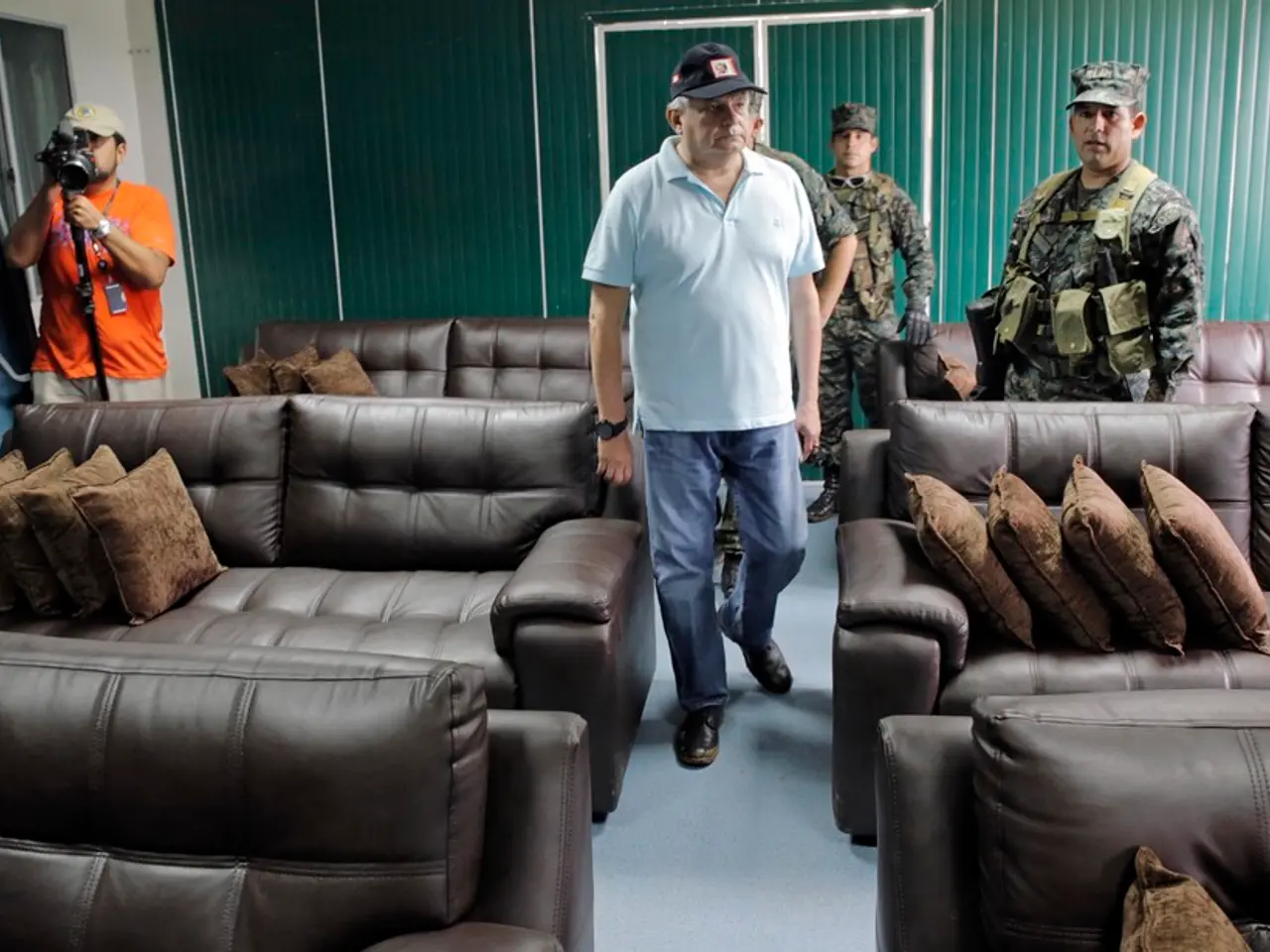Israeli Defense Forces targeted a Hamas operative masquerading as an Al Jazeera reporter in Gaza
In the aftermath of an Israeli strike in Gaza City, Anas Al-Sharif, a journalist for the Al Jazeera network, was tragically killed. The Israeli military has accused Al-Sharif of being a high-ranking member of Hamas and a key figure in planning rocket attacks against Israel. However, these claims remain contested, with no independent evidence publicly confirming them.
The Israeli military has presented documents found in the Gaza Strip, which allegedly confirm Al-Sharif's military affiliation to Hamas. These documents include personnel rosters, lists of terrorist training courses, phone directories, and salary documents for Al-Sharif. The IDF has stated that Al-Sharif served as the head of a terrorist cell in the Hamas terrorist organization, and was responsible for advancing rocket attacks against Israeli civilians and IDF troops.
However, Al Jazeera and other sources, including international press watchdogs, reject these allegations as fabrications aimed at justifying the killing of journalists covering the Israeli military’s actions in Gaza. The killing occurred in a targeted Israeli strike on a press tent near Gaza City’s hospital, also claiming the lives of several other journalists.
The UN special rapporteur and various international commentators have condemned the targeted killings and highlighted the absence of credible evidence linking journalists like Al-Sharif to militant activity. Critics, including international observers and press freedom organizations, denounce the accusation as a false pretext to silence critical journalists.
In summary, while Israel claims Anas Al-Sharif was a high-ranking Hamas operative involved in rocket attacks, these assertions remain unsubstantiated by independent sources and are widely disputed as a cover for suppressing critical journalism in Gaza.
The Israeli military's claims about Anas Al-Sharif's involvement in Hamas and rocket attacks against Israel, derived from documents found in the Gaza Strip, are disputed by Al Jazeera, international press watchdogs, and other sources. This dispute has led to criticism in politics and policy-and-legislation circuits, arising from concerns about war-and-conflicts, crime-and-justice, and general-news media freedom. Critics decry these allegations as fabrications used to justify the killing of journalists, emphasizing the need for credible evidence before labeling individuals as militants.








